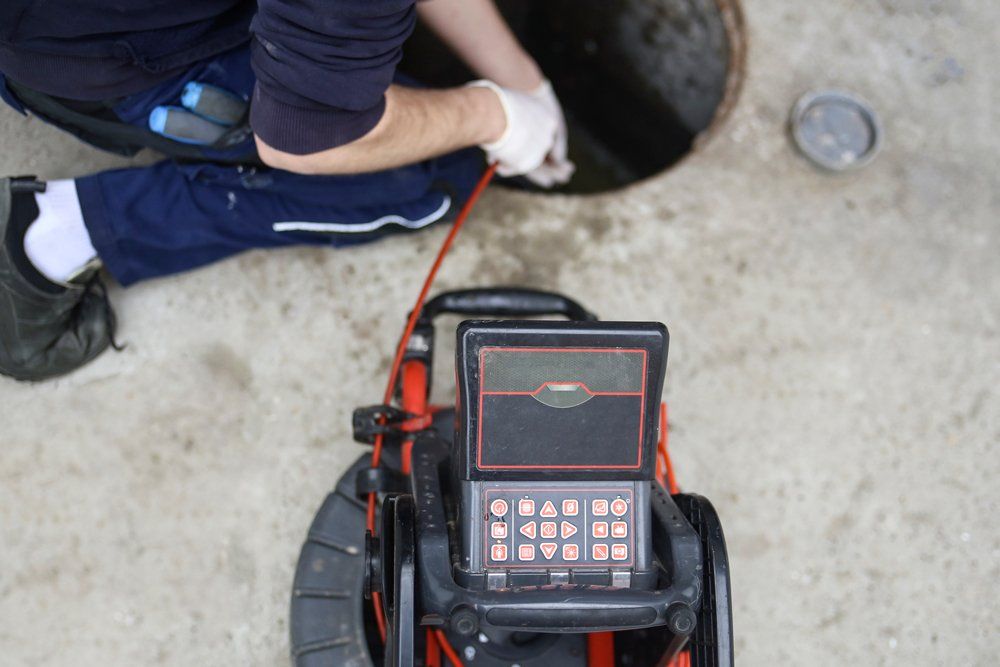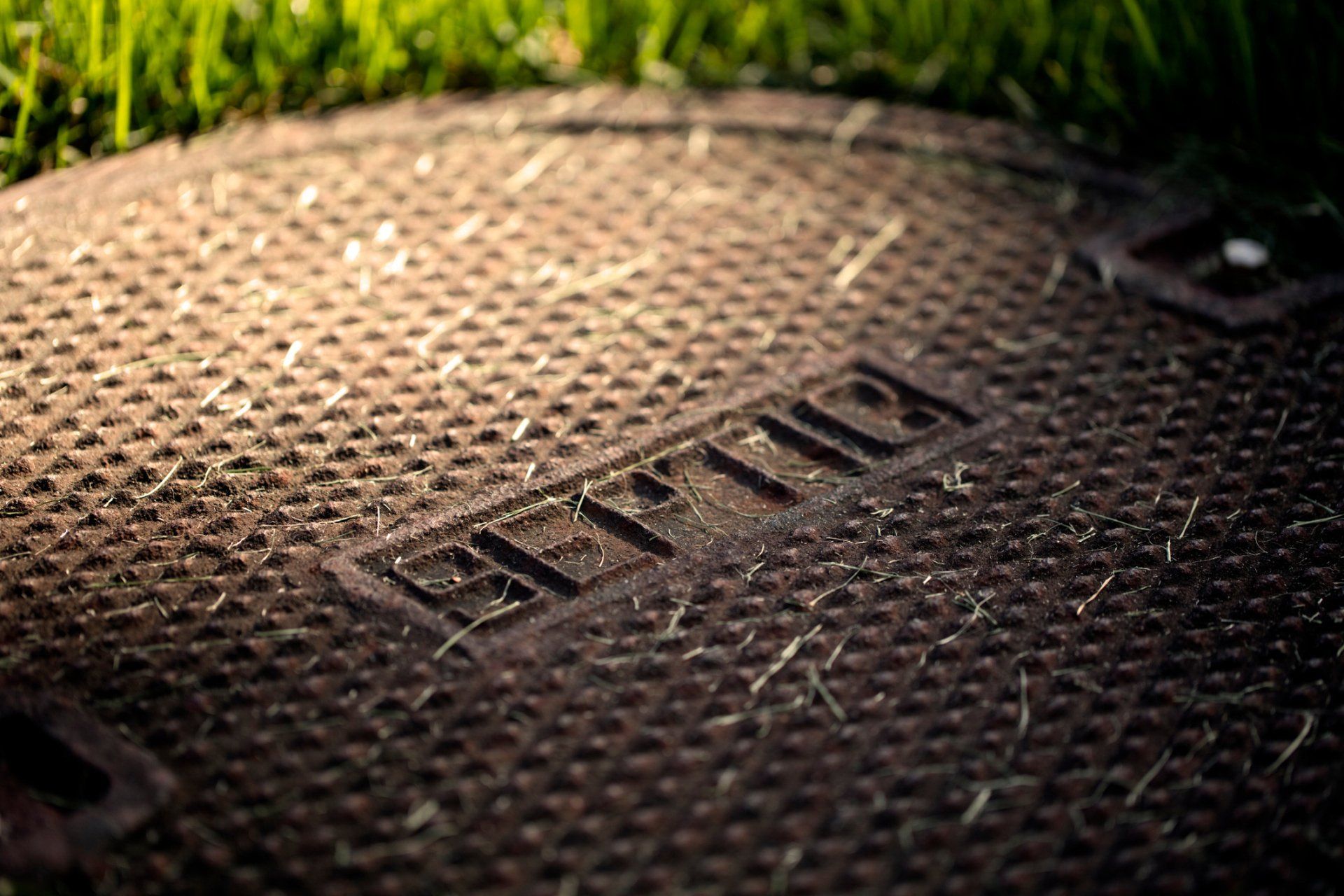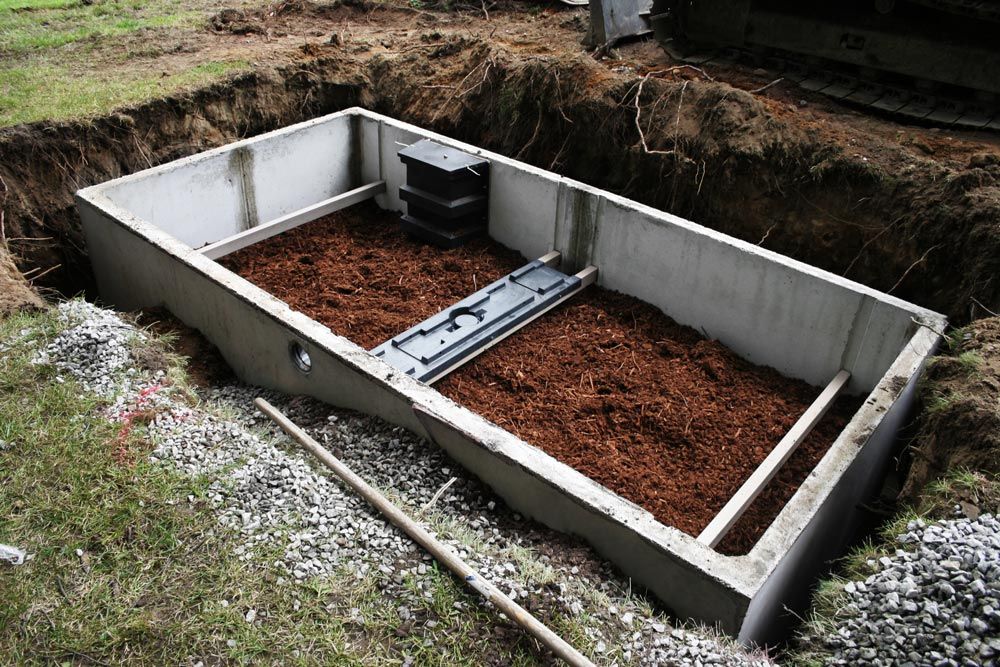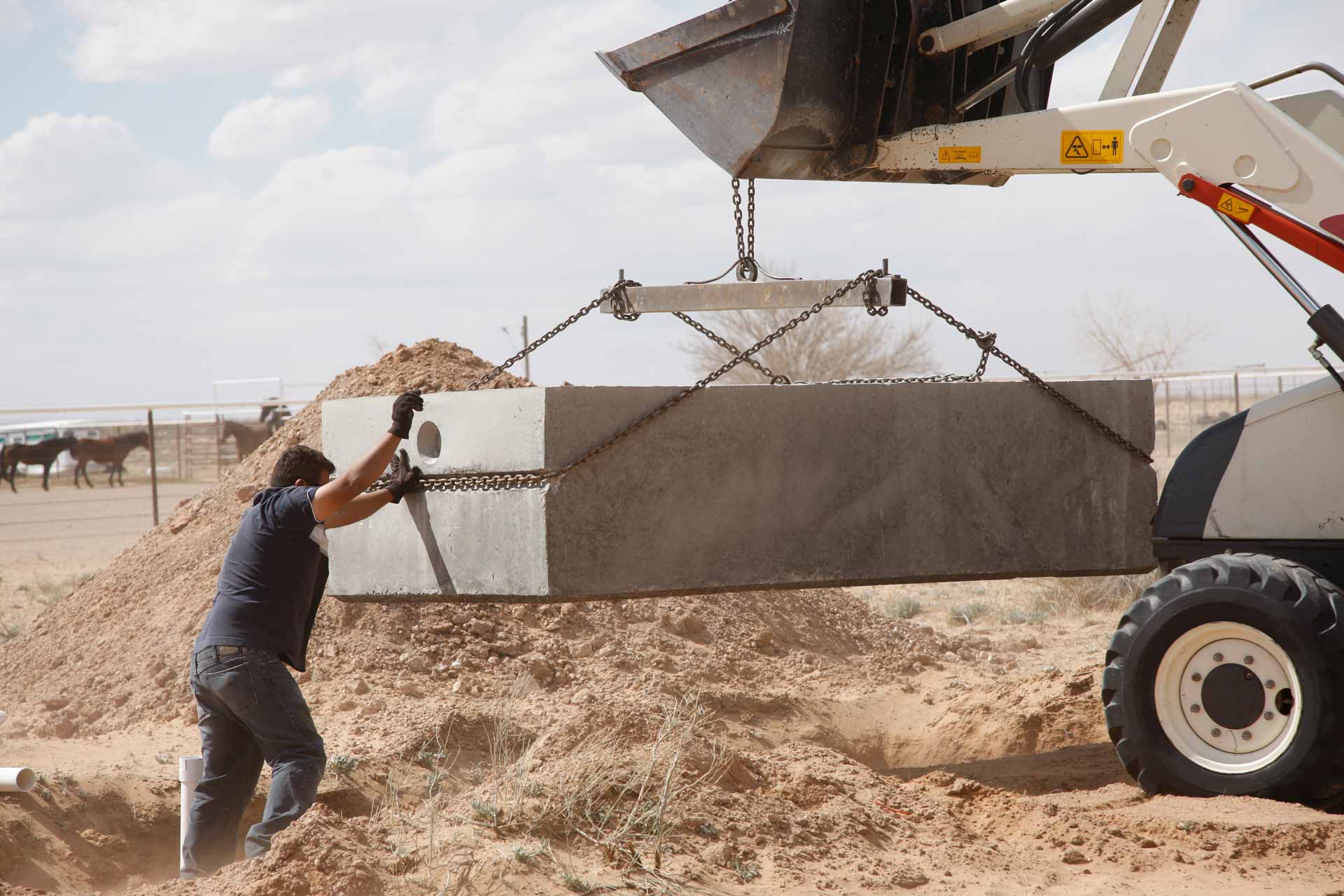Septic-Damaging Household Practices | Pete's Outflow Technicians
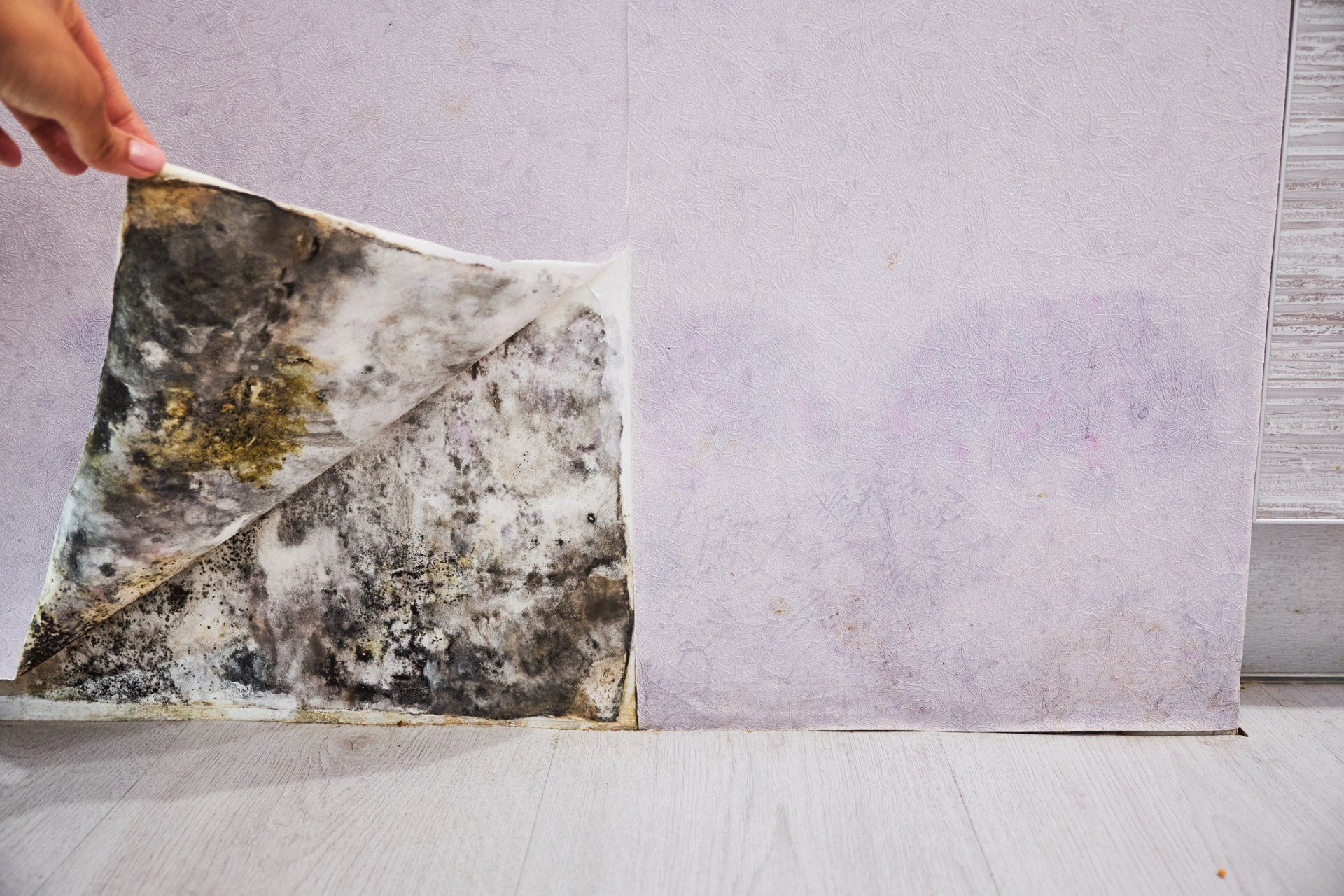
Protect Your Septic System by Stopping These Common Household Practices
The residential septic system is typically one of the least troublesome and longest lasting of all major home systems. In fact, according to information published by the Environmental Protection Agency (EPA), homeowners may be able to expect to use their home's septic system for as long as four decades, or even longer with proactive maintenance habits.
While most homeowners already have a good understanding of the basic maintenance needs of their septic system, including having it pumped as needed and limiting the use of paper products, they may not realize that some of their household's common practices can harm the system and shorten its lifespan.
Flushing Old Medications
Flushing legal and illegal drugs down the toilet has been a common practice since the advent of indoor plumbing. It is, however, not a good plan for the homeowner who wants to use their septic system for as long as possible.
One problem with this practice is that many types of commonly prescribed drugs can filter into ground water supplies after being flushed down a toilet. Homeowners should also be aware that some particularly strong medications, such as those used for chemotherapy, are known to destroy the bacterial colonies that populate a properly functioning septic tank.
Without bacteria to break down waste, the system's ability to process the waste efficiently will be impaired and its lifespan may be shortened. Households who have routinely been flushing expired or unwanted medications down the toilet can break this bad habit by using a convenient nearby medication disposal site.
Introducing Unsafe Household Chemicals
Most available products designed for use in the average household are manufactured to be septic-safe, when used as directed. However, some liquids that are commonly found in the home should never be disposed of in a septic system, including:
-
Gasoline, diesel, kerosene, and other types of fuel
-
Vehicle additives, including anti-freeze, motor oil, transmission fluid, and brake fluid
-
Insecticides and weed-killers for home, lawn, or garden use
-
Solvents, paints, and stains
Additionally, drain cleaners and products that contain heavy metals, such as lead and zinc, should never be introduced into a septic system.
When any unsafe household chemical is poured into a drain or flushed down a toilet, there is potential for groundwater contamination, damage to pipes and components in the plumbing and septic systems, and destruction of the necessary bacteria inside the septic tank.
Homeowners should avoid the over-use of laundry and dish detergents. Use only the recommended amounts to ensure that any petro-chemicals contained in the formulas will remain within a range that is considered safe for residential septic systems.
Removing Excess Dietary Fats
Low-fat dieting is popular in many American households. While this type of eating may be beneficial to the household members, food preparation methods meant to reduce dietary fat may not be as healthy for the home's septic system.
For example, placing cooked, crumbled ground beef, turkey, or pork into a colander and then rinsing it under warm water to remove the fat is a popular low-fat food preparation technique. This process is effective at removing almost all the surface fat from the cooked meat but harms your home's plumbing and septic system.
In fact, any use of the kitchen drain to dispose of cooking grease and oils over extended periods can create hardened deposits inside the drain and pipes that feed the septic system. Any fats that reach the septic tank can form a congealed layer that impairs the system's ability to efficiently process waste solids and liquids.
Homeowners who are guilty of these or other usage habits that may have a negative effect on the efficiency and lifespan of their septic system are invited to immediately call on our friendly experts at Pete's Outflow Technicians for helpful advice.

